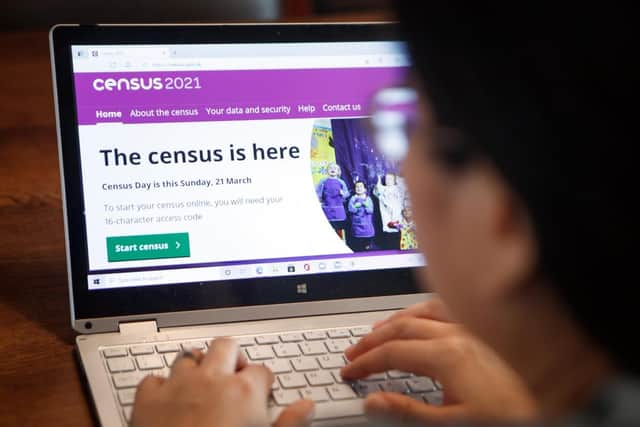More under-40s in Wakefield are non-religious than Christian
and live on Freeview channel 276
Humanists UK, which campaigned for people to tick "no religion" on the survey in March 2021, said the recent figures – which showed a rise in people under the age of 40 stating they are non-religious – make it clear that the nation faces a "non-religious future".
The Office for National Statistics data shows 92,900, or 55 per cent. of people aged under 40 in Wakefieldselected "no religion", followed by about 57,700 under-40s (34%) who selected Christianity.
Advertisement
Hide AdAdvertisement
Hide AdIt's in contrast to the previous census in 2011, when 55% of the age group selected Christianity and 35% opted for no religion.


A similar trend was seen across England and Wales, where "no religion" was the most selected option for under-40s. It's the first time Christianity did not hold the top spot for an age group.
About 13.6 million said they were not religious in 2021 while 9.8 million identified as Christian – a reversal from a decade ago when 13.9 million opted for Christianity and 9.4 million were non-religious.
Andrew Copson, Humanists UK chief executive,said: “They make plain that the UK faces a non-religious future. This is in stark contrast to how our state institutions operate today.
Advertisement
Hide AdAdvertisement
Hide Ad"No other European country has such a religious set-up as we do in terms of law and public policy, while at the same time having such a non-religious population.
“Politicians should look at today’s results and recognise they must renegotiate the place of religion or belief in today’s society.”